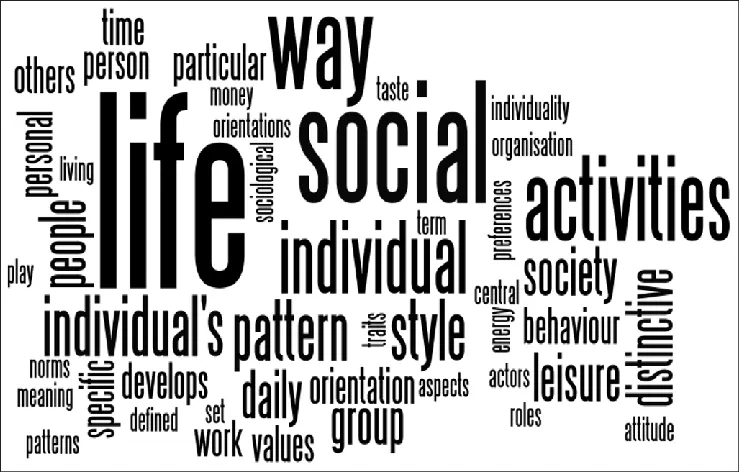In today's fast-paced world, the idea of intentionally "doing nothing" might seem out of reach, perhaps even a privilege. Yet, for some, slowing down has become a crucial response to the overwhelming stress of modern life. Take the story of an author who, after facing severe burnout, embraced a year of intentional inactivity to recover and rediscover what truly matters.
Imagine a year without work, emails, or the pressure to constantly achieve. What once might have been a source of anxiety now sounds increasingly appealing, reflecting a significant cultural shift. This shift is evident in the growing popularity of slow living—a movement that encourages mindfulness, sustainability, and a more measured approach to life. Millennials and Gen Z alike are turning towards this slower pace, whether through quiet quitting, seeking "lazy girl jobs" that allow them to focus on personal fulfillment, or advocating for shorter workweeks.
The Case for Rest: Emma Gannon’s Journey
Emma Gannon, a prolific author and podcaster, knows firsthand the importance of slowing down. Her book A Year of Nothing chronicles her experience of taking a full year off after hitting a wall with severe burnout. What began as a necessity evolved into a profound journey of self-care and recovery, with Gannon engaging in simple, restorative activities like journaling, birdwatching, and the increasingly popular cold-water swimming.
Gannon's previous book, The Success Myth, already questioned the relentless pursuit of success, but it was her personal experience with burnout that truly highlighted the need for rest. Her story resonates with many who find themselves exhausted by the constant demands of modern life, pushing them to reconsider their priorities.
The Rise of Slow Living Literature
Gannon's experience is not unique. A wave of literature is emerging that champions the idea of slowing down and resisting the pressures of constant productivity. Jenny Odell's How to Do Nothing was a breakout success, encouraging readers to resist the attention economy and reconnect with the natural world. Similarly, Oliver Burkeman's Four Thousand Weeks reminds us that life is short, and rather than striving for endless efficiency, we should focus on what truly matters.
This trend towards intentional rest is also reflected in books about niksen, the Dutch concept of "doing nothing, intentionally." The pandemic amplified the appeal of such ideas, as many were forced to slow down, offering a glimpse of a more mindful and less hectic way of living.
A Generational Shift
The move towards slow living can be seen as a generational shift. Millennials, often labeled as the "burnout generation," have faced unique challenges, from student debt to economic instability. Books like Anne Helen Petersen's Can’t Even and Emily and Amelia Nagoski's Burnout explore the social and political roots of this exhaustion, offering strategies for overcoming it through rest and reevaluation.
Gannon suggests that much of this burnout stems from the expectations set by the previous generation—the Baby Boomers—who valued success, money, and status. For Millennials, breaking free from these ingrained values has been difficult, but the current shift towards valuing time over material wealth may signal a healthier future.
Embracing the Slow Movement
Ultimately, the slow living movement is a response to the pressures of global capitalism, which promotes a never-ending quest for more. By choosing to live at a slower pace, people are rejecting the constant drive for status and possessions, instead prioritizing health, relationships, and personal fulfillment.
While the concept of intentional rest may seem simplistic, it is deeply rooted in a desire for a more balanced and meaningful life. Whether through embracing niksen, practicing mindfulness, or simply taking time to rest, the slow living movement offers a path to recovery and well-being in a world that often feels overwhelming.



